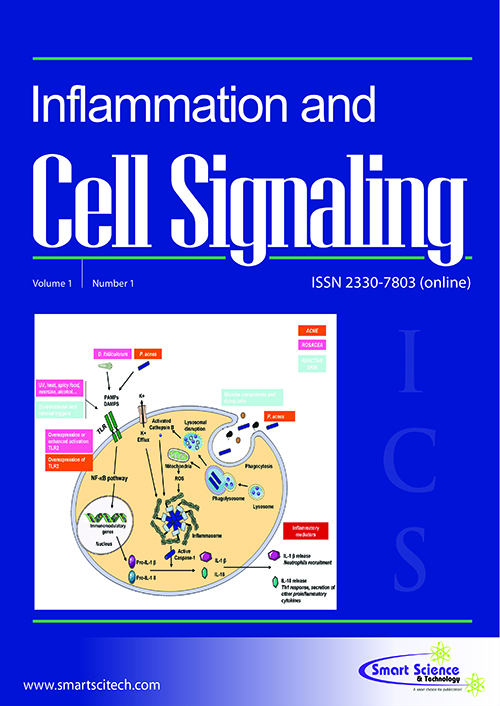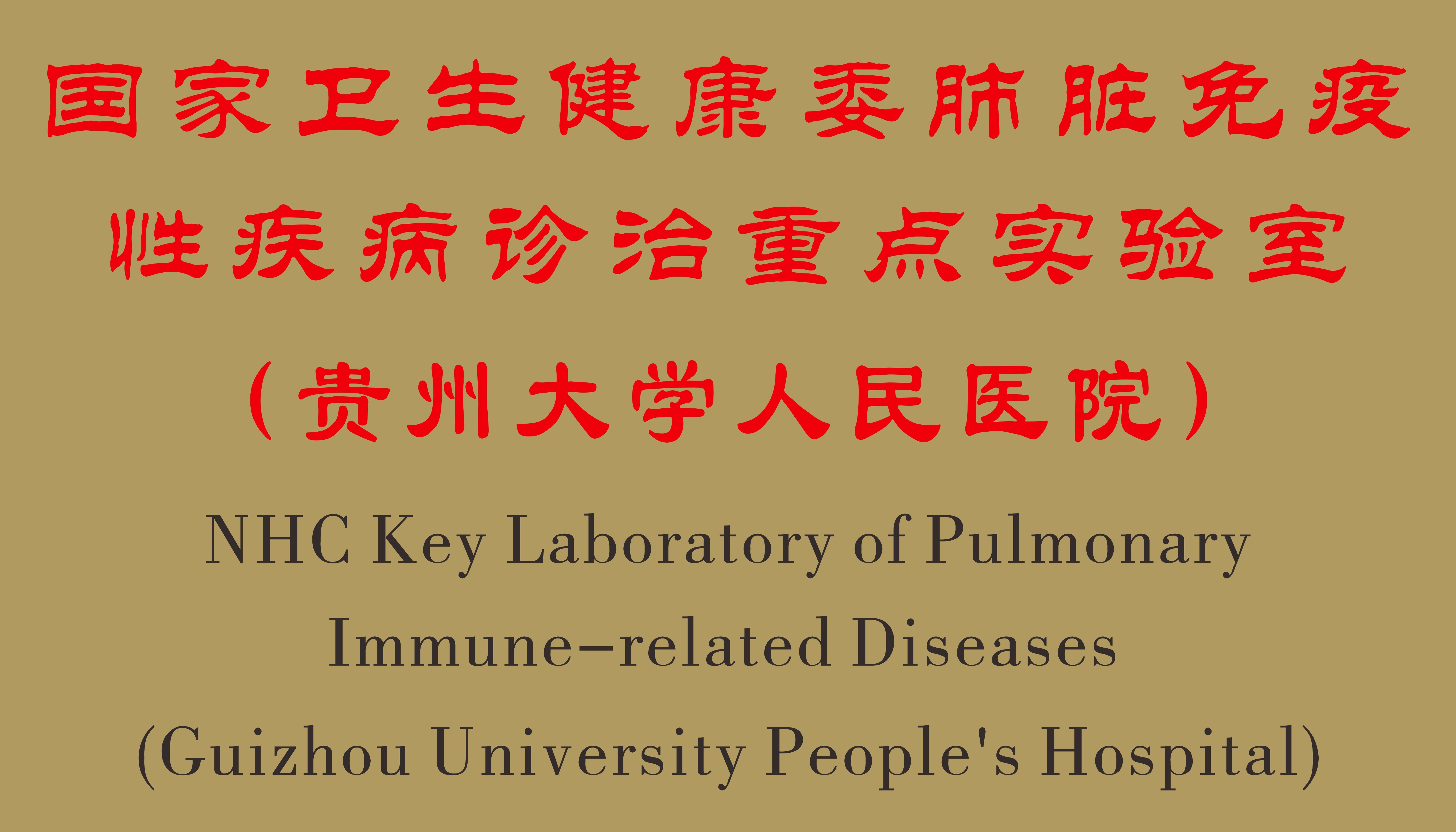Involvement of decidual invariant NKT cells in inflammation-induced preterm delivery
DOI: 10.14800/ics.843
Abstract
Invariant natural killer T (iNKT) cells are a distinct lineage of ?? T lymphocytes with the capacity to recognize glycolipid antigens in the context of the atypical major histocompatibility complex (MHC) class I molecule CD1d. In response to engagement of the T cell receptor (TCR), iNKT cells efficiently and rapidly produce a broad range of cytokines and several chemokines. iNKT cells participate in a variety of immune responses through cross-talk with many other innate and adaptive immune cells, including dendritic cells (DCs), natural killer (NK) cells, conventional CD4+ T cells, CD8+ T cells, B cells, neutrophils and regulatory T cells. Despite a relatively restrictive diversity in their TCR, these cells respond to vastly diverse microbial pathogens. The mechanisms underlying activation of iNKT cells at the maternal-fetal interface in inflammation-induced preterm delivery is not fully understood. In a recent study, we investigated which specific pathways were involved in decidual iNKT cell activation in a model for lipopolysaccharide (LPS)-stimulated preterm delivery. To do this, we employed an adoptive transfer system in combination with a diverse array of neutralizing antibodies (Abs) and inhibitors. We demonstrated that the activation of decidual iNKT cells requires TLR4-mediated nuclear factor-?B (NF-?B), mitogen-activated protein kinase (MAPK) p38 and extracellular signal-regulated kinase (ERK) pathways, the proinflammatory cytokines IL-12 and IL-18, and endogenous glycolipid antigens presented by CD1d. Our findings give new insights into the molecular mechanisms underlying iNKT cell activation during microbial infection as well as the role of iNKT cells in preterm delivery induced by inflammation. These findings underscore the promise that iNKT cell-based immunotherapies that target specific pathways utilized during iNKT cell activation could advance our ability to treat iNKT cell-associated inflammatory diseases, including preterm delivery.














